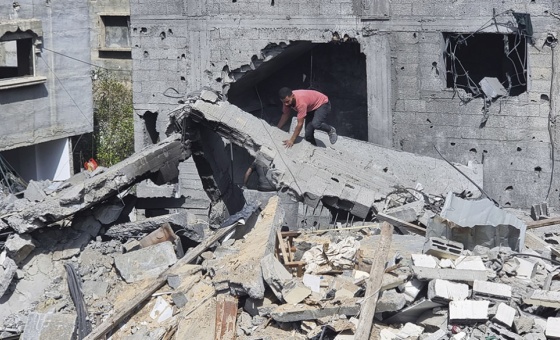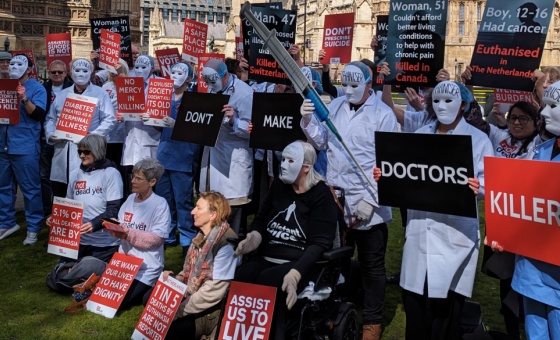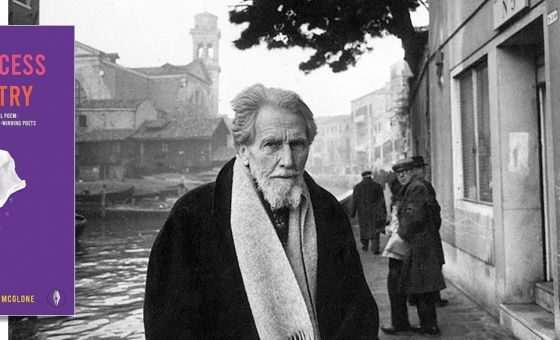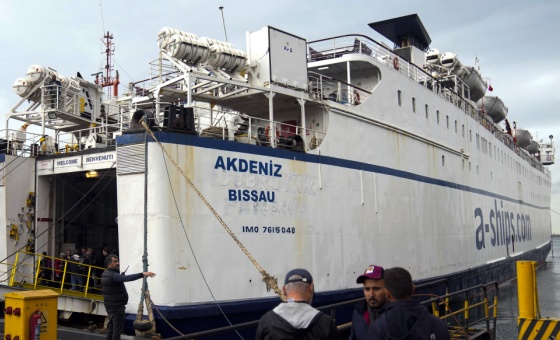This is the last article you can read this month
You can read more article this month
You can read more articles this month
Sorry your limit is up for this month
Reset on:
Please help support the Morning Star by subscribing here
As those attending the events in Burston celebrate the legacy of Britain’s longest strike, another group of trade unionists will assemble at Ruskin College, Oxford, at the outset of their BA in International Labour and Trade Union Studies (ILTUS).
For these students their challenge, and opportunity, is to determine how their new educational experience maintains this radical political culture while they determine strategies for trade union renewal.
The modern challenge for trade union students, and working-class adults more broadly, whether in further or higher education is immense; indeed the parallels with the story of the Burston strike school are both fascinating, but also worrying.
The ascendancy of neoliberalism in Britain’s education policy, whether in the form of what gets funded or tuition fees, is emblematic of the power struggle between Kitty and Tom Higdon and the Burston school managing body. At the heart of this historical and contemporary analysis of education is who is education for and what purpose does it serve?
Just as the farm owners that controlled the managing body sought to delimit the potential outcomes of education for the children of farm workers, so human capital theory, which sits at the heart of neoliberal ideology in the context of education, seeks to provide expression to two specific, overlapping interests of capitalist economies — the creation of a labour force narrowly prescribed to the interests of employers, contained within a labour market perpetuated via intense conflict and competition.
The news this week from the Office of National Statistics of a significant rise in the proportion of Britain’s labour force employed on zero-hours contracts is a stark, tangible manifestation of those two overlapping interests writ large.
The sense in which the informality and precarity of zero-hours work mirrors the continuing economic fragility of agricultural work, renders the relationship Burston and Ruskin even closer still.
This creeping informalisation of so-called formal economies will form a distinct area of study for Ruskin’s new BA ILTUS students.
Naturally, this will also include an analysis of the role of organised labour in aiding the creation of the formal economy in the first place. Tolpuddle and Burston taken together, for example, help structure a form of study which helps determine how we got to where we are, based on where we came from.
Wider and deeper analyses of historical labour and social movement struggles is of course a natural source and resource for students examining the prospects for labour movement renewal.
Some of this analysis reflects core trends in the contemporary theory and literature of labour movement renewal. In particular the need to rebuild a sense of community and faith affiliation as aspects of new modes of worker organisation are of critical relevance to labour studies students.
The ongoing success of the US “Fight for $15” as the federal minimum wage reveals much of why such analysis is relevant.
Similarly, of those events over the summer comprising part of Britain’s radical history of resistance, even basic historical investigation yields an appreciation for deeply held religious convictions amongst many protagonists of disputes, often reflecting wider, deeper spiritual and collective support from among the communities in which the dispute is located.
Thus, the creation of the alternative school in the context of Burston is a particularly important point of reference in reflecting these dimensions, while providing a historically comparative model of recent attempts in Britain and internationally to provide alternative forms of free educational provision and free-standing resources (Education Uncut, Everyday Economics) as a response to the constraining effects of the rise in the costs of education to adult learners.
Those familiar with the study of organised labour through the lens of working-class history will be highly familiar with this notion of circularity and repetition in the struggles of working-class communities for economic, social and political justice.
Tony Benn — a firm friend of Ruskin College — spoke of a golden thread of radicalism throughout the histories of working people. His resounding phrase of “no final victories, no final defeats” echoed a view also that in order to build a radical future we must understand our collective radical past.
As two groups converge in two different parts of Britain this weekend, they assemble with a common purpose, whether in the open or in the classroom, whether in song or seminar, of constructing a critique of capitalist political economy in order to strengthen practical resistance to it.
On behalf of the students and staff of the ILTUS programme at Ruskin College, Oxford, I send a message of solidarity to those attending the Burston strike school rally this weekend.
• Ian Manborde is programme co-ordinator, MA Global Labour ans Social Change









